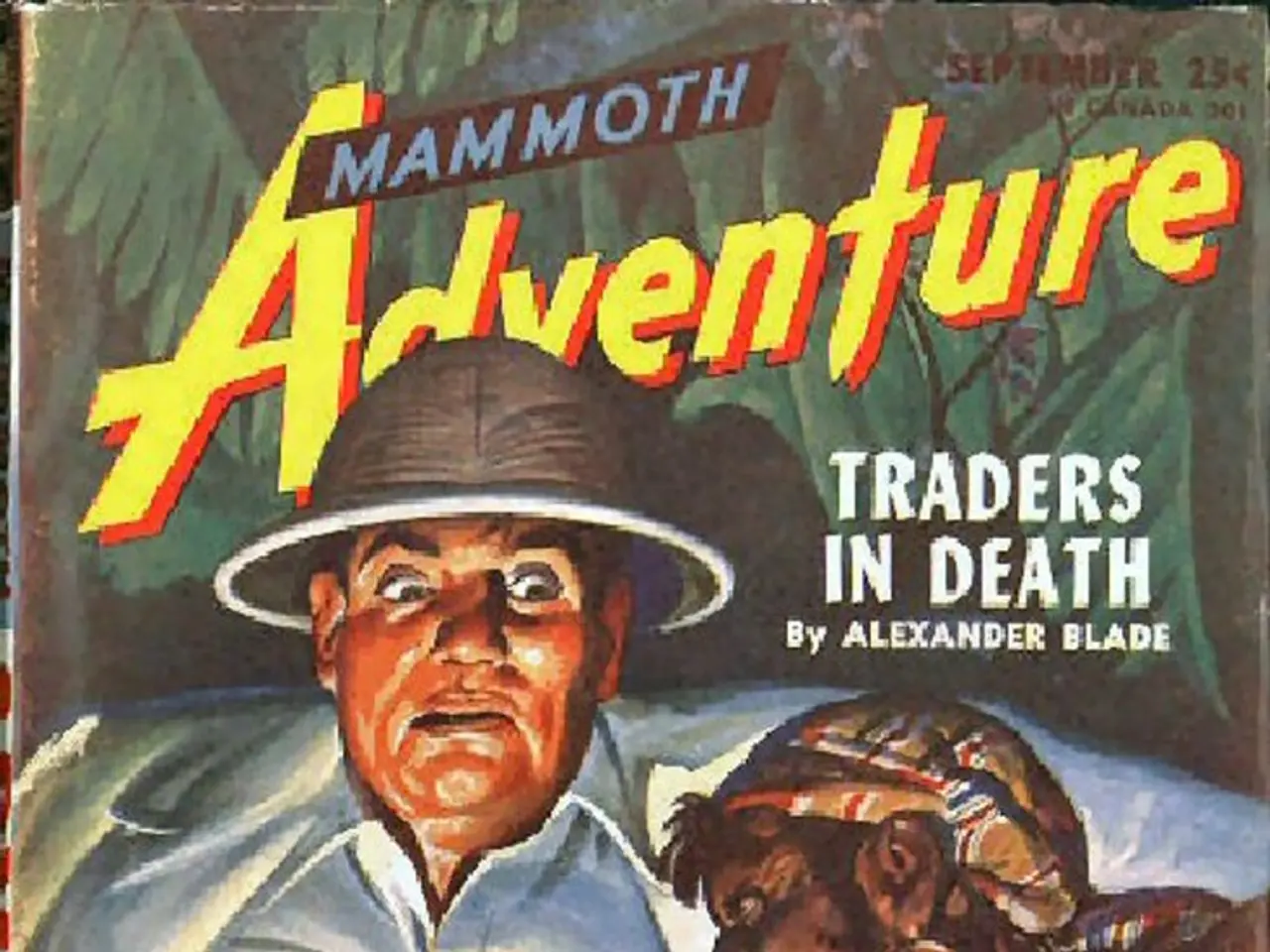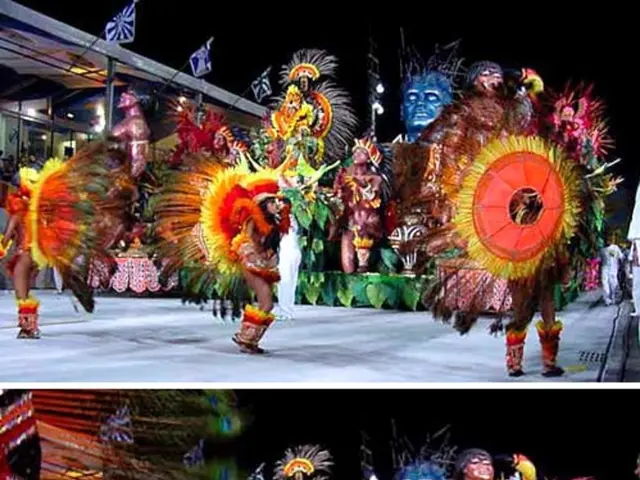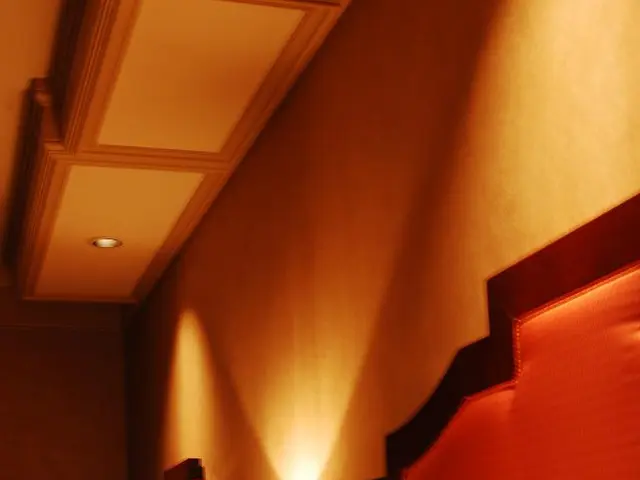Discussion on the Cinematic Works of John Singleton - Exploring the Significance of ReFocus
In a time when truth-telling and critique are more important than ever, a new collection of essays sheds light on the groundbreaking work of John Singleton, a generative force in Hollywood who helped greenlight films made by and about Black Americans in the 90s.
Entitled "John Singleton: Critical Essays on His Films," the collection is the brainchild of Daniel Dufournaud, an Assistant Professor at the University of Macau who has published work in various academic journals. The book is inspired by Singleton's academic training in American literature and film, as well as Dufournaud's personal fandom.
The collection delves into several of Singleton's films, including "Higher Learning" and "Rosewood," which have been underrated and criminally overlooked. "Higher Learning," a campus film released in 1995, received attention upon its release but still resonates thirty years later, according to the authors of the chapter. "Rosewood," a film that recounts the 1923 Rosewood massacre, was tepidly received due to the glut of big-budget historical films released in the late 90s.
The collection also addresses the topic of how Singleton represented Black masculinity in his films. The opening section includes two chapters that analyze Singleton's portrayal of Black masculinity in his films "Boyz N the Hood" and "Baby Boy." Indya J. Jackson argues that Singleton's rejection of racial essentialism in these films is sometimes overshadowed by his reinforcement of harmful stereotypes towards Black mothers and matriarchal domesticity.
Moreover, the collection's chapter on "Rosewood" argues that the film performs a reparative function while challenging dominant ideas of progress, using psychoanalytic and deconstructive methodologies. Angela Tharpe contends that Singleton's heroic father figures in his films can be seen as hopeful fantasies, tracing this back to his interest in comics.
Singleton's films were politically charged, unafraid to address controversial topics and spark debate. The collection highlights other underrated works by Singleton such as "Rosewood," "Higher Learning," and "Shaft." The scholar was interested in examining American film's response to neoliberalism, as Singleton's work emerged during the early stages of neoliberal policy work.
In conclusion, "John Singleton: Critical Essays on His Films" offers a fresh perspective on the legacy of a director who was not only a trailblazer in Hollywood but also a critic of American culture. The collection serves as a testament to Singleton's enduring impact and the continued relevance of his work in today's political climate.
Read also:
- Impact of Alcohol on the Human Body: Nine Aspects of Health Alteration Due to Alcohol Consumption
- Understanding the Concept of Obesity
- Tough choices on August 13, 2025 for those born under Aquarius? Consider the advantages and disadvantages to gain guidance
- Microbiome's Impact on Emotional States, Judgement, and Mental Health Conditions








